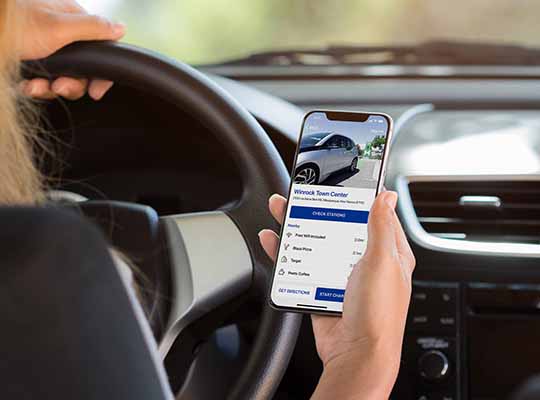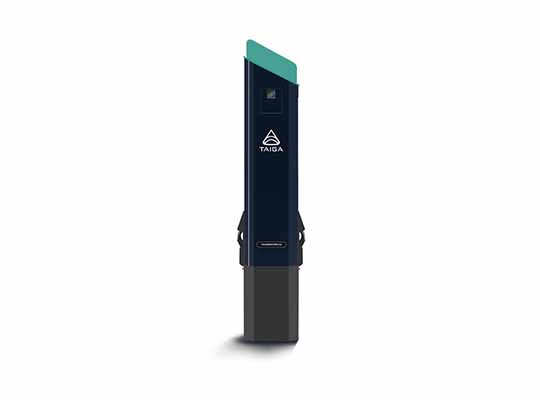EL SEGUNDO, Calif. – Once again improving access to scalable EV charging, EV Connect announced the general availability of its API platform, unlocking a comprehensive suite of powerful tools that allow charging providers to develop customized EV networks as well as smart charging and eMobility applications. EV Connect customers can now leverage a flexible, enterprise-scale platform to manage charging stations, maintain brand control, evolve revenue generation, and deploy unique and reliable charging experiences for their drivers.
The EV Connect platform enables sophistication and scaling through out-of-the-box vehicle integration, OpenADR, load management, industry interoperability, and the ability to design revenue streams to deliver a premium driver experience. With dozens of OCPP certified hardware vendors and a value-engineered customer experience, the API platform drastically accelerates time-to-market and adds an essential layer of flexibility and scalability for charge station operators, eMobility providers, hotel chains, fleet managers, and many others. Customers like Go-Station leverage the EV Connect API platform to ensure driver satisfaction through industry-leading charging station uptime.
“At Go-Station, we are committed to helping drivers and commercial partners benefit, thrive, and overcome hurdles in a world rapidly transitioning to electric vehicles, and that starts with ensuring charge stations reliability and accessibility for EV drivers,” said Ray Addison, vice president, and CMO at Go-Station. “API platforms are essential not only for scaling EV charging but also for reducing go-to-market costs and timelines. More importantly, drivers have access to a seamless charging experience that reflects our own unique brand and allows us to control the parameters surrounding each station.”
The modular architecture of the EV Connect platform and API suite allows customers to save time and money by leveraging a proven backend management console, enabling features such as charger reservations, flexible payment models (e.g., by kWh, time, or parking space), ability to activate OCPI roaming partner integrations, grace periods and other value-added features without months of development time. For example, for hotels, it means integration with rewards programs and guest apps; for convenient -stores it’s delivering coupons through their app; for oil companies it’s about integration with ERP systems, financial management, user identity, and payment gateways; for fleet operators it means integration with energy management, smart building systems, or telematics.
“We built this platform to support the many variables around charging business models, use cases, integration, and technology that charging providers are confronted with,” said Trung Luu, vice president of product at EV Connect. “The future of electrified transportation depends on ubiquitous high-quality EV charging as well as companies willing to deploy and build businesses around it. While we manage the complexity of reliability and compatibility under the hood, our customers can get to market faster with controllable and branded driver experiences.”













